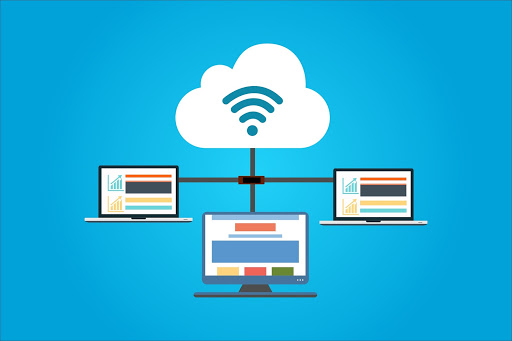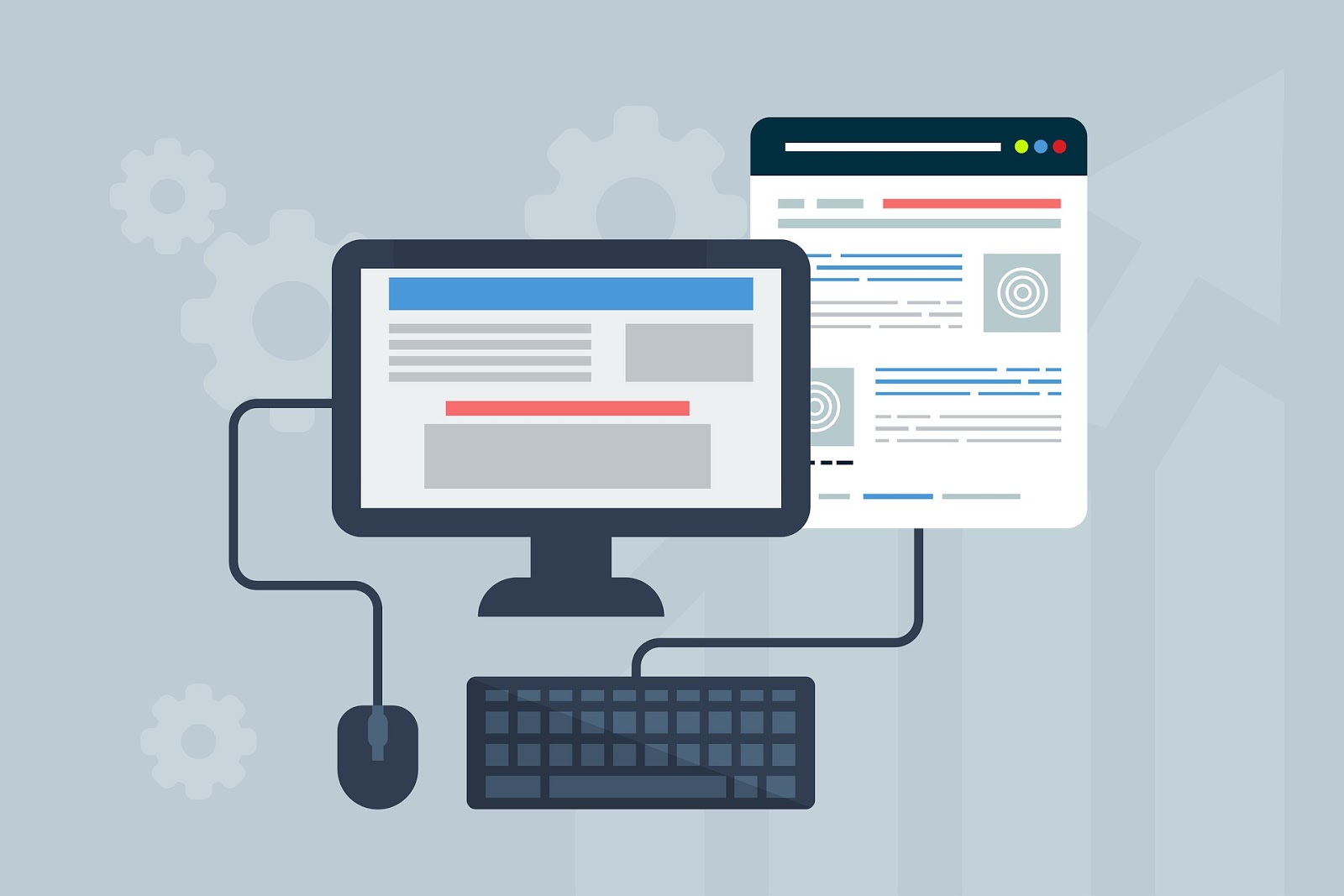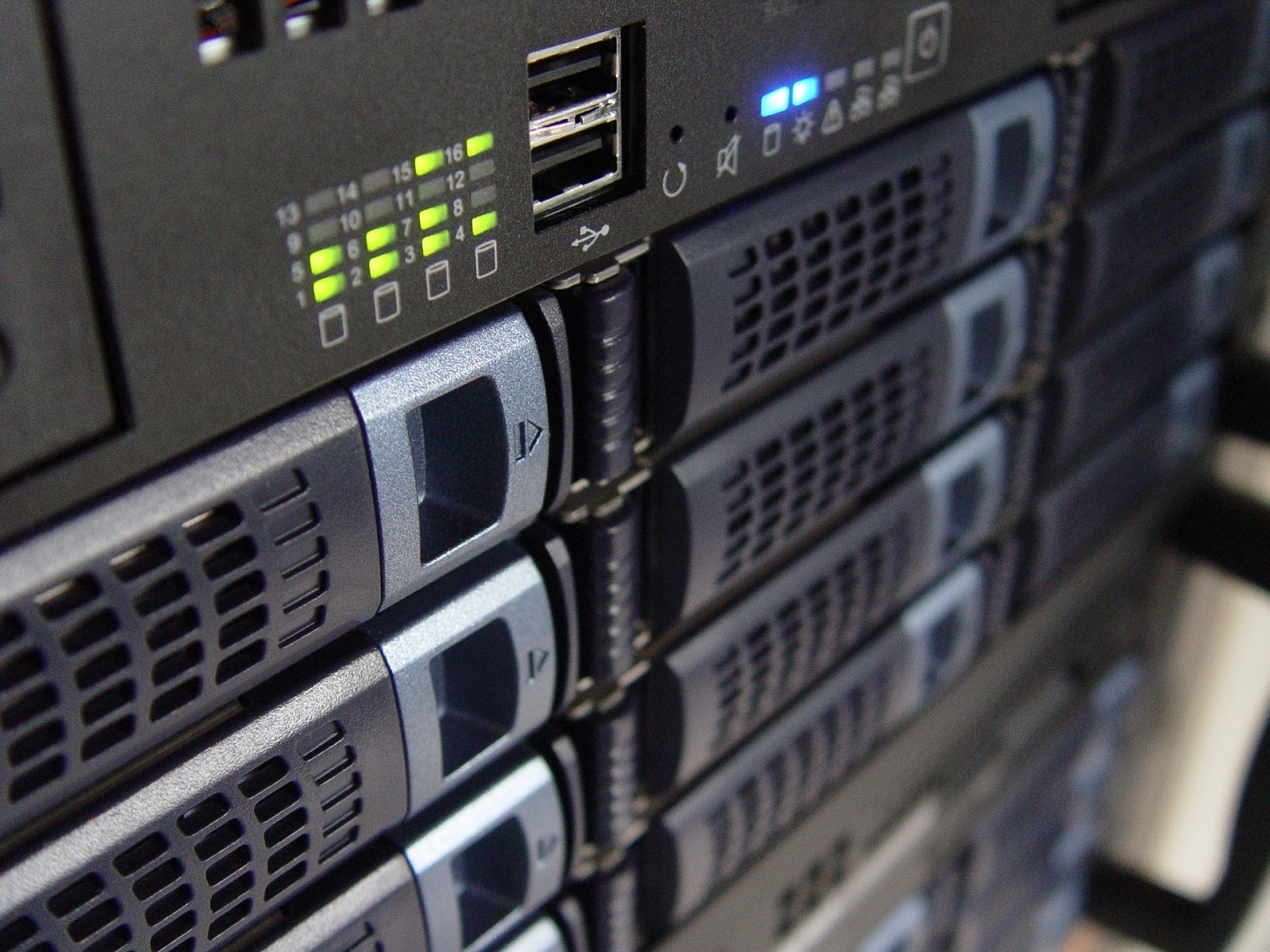
Most modern businesses’ IT infrastructures rely on servers for various operations, including everything from hosting the website to storing the data.
If your business IT infrastructure relies on servers, you need to make sure that the server is reliable, cost-effective, and fast, and the two best server platforms are cloud and dedicated servers.
But which of the two is right for you? Should you stick to a dedicated server or upgrade to a cloud server? The decision can be confusing, but don’t worry, here’s a guide to help you make that decision easier.
Cloud Server
When you host your IT infrastructure on a cloud server, it can host your infrastructure by spreading the data over several machines across vast distances rather than a single server.
With cloud servers, a virtual server is created on a platform of dedicated servers where each server connects together and is responsible for specific tasks such as processing, memory, storage, etc. The functions are then duplicated across multiple servers, and new servers can be added to increase the cloud server’s capacity and efficiency.
Advantages and Disadvantages of Cloud Servers
Due to the cloud server being hosted over several dedicated servers, it has various benefits that a dedicated server misses out on. The most significant advantage of a cloud server is that it allows quick server deployment as new servers can be created instantly whenever the demand arises.
Cloud servers also allow increased automation for your business operations by using powerful API, recipes, templates, and much more. Additionally, cloud servers come with increased uptime and performance due to redundant components and allow instant scalability in case of demand spikes. You also have to pay only for the resources you use.
However, cloud servers also have a few disadvantages that may be a significant factor for your business. First, they are expensive to use; the same amount of resources on a dedicated server costs less than cloud servers. Plus, due to it being a shared server where other businesses are hosted, you don’t get to reap all the performance of the CPU, memory, and disk space.
Applications Best Suited for Cloud Servers
While cloud servers are terrific investments, they may not always be the right investment for your business. They are best suited for businesses that require rapid server deployment, optimal uptime, and instant scalability.
Some of the best applications of cloud servers include e-commerce websites, SaaS applications, small business applications, email servers, and personal game servers.
Dedicated Servers
The most common type of server that most businesses used to rely on before the advent of cloud servers is dedicated servers. Dedicated servers for business IT infrastructure are physical servers located in a remote data centre.
Unlike cloud servers, dedicated servers are solely utilized and accessed by a single user, which in this case, would be you. In other words, your dedicated server will not be shared by other businesses, so the entire hardware will be at your disposal.
Dedicated servers let you exercise tremendous control over your servers so that they work efficiently for your business IT infrastructure.
Advantages and Disadvantages of Dedicated Servers
While dedicated servers are the more traditional choice of servers for business IT infrastructures, they are not far behind cloud servers when it comes to advantages. In fact, in some cases, dedicated servers’ benefits outweigh those of cloud servers. To begin with, they allow you to access large amounts of CPU power, hard disk space, and RAM or memory for your business and if you already have the server there is zero up-front hardware costs.
You don’t have to share your dedicated server with others, too, which makes your experience not only smooth and efficient and also much safer than cloud servers. You can even have your dedicated server’s hardware customized for your business needs. Plus, dedicated servers are much cheaper to run compared to cloud servers.
The thing that may make dedicated servers the wrong choice for your business is that they have various disadvantages. The biggest one being they are not so easy to scale on demand since they are physical servers hosted on static hardware. Dedicated servers are also more difficult to migrate and upgrade, and they have a much longer deployment time compared to cloud servers.
Plus, you cannot rent dedicated servers on-need basis like you would with cloud servers; so, you may have to run a server which may be more than what’s required, and various server resources may sit unused throughout the tenure.
Applications Best Suited for Cloud Servers
Dedicated servers work better than cloud servers in various cases, especially if your business IT infrastructure is unlikely to see resource spikes or require hardware upgrades in the near future.
A dedicated server would work best if you need high CPU processing capacity and RAM, and the best-suited applications of dedicated servers are VPS hosting nodes, game server notes, big data analytics, and extensive database hosting. If your business aligns with these applications, you should consider using dedicated servers.
Cloud Servers vs. Dedicated Servers: Which is Cheaper?
As mentioned above, cloud computing is the more expensive option than dedicated servers, but the answer is not so simple. With cloud servers, you pay only for the resources you need today; you can always upgrade to bigger plans in the future if required.
However, dedicated servers are often charged at the beginning of the month. Dedicated servers come in packages, and you can’t only buy or rent what’s required; you may end up with a server where a lot of the resources are unused or underutilized, which can be quite a waste of money in the long run.
To answer the question, cloud servers are expensive up-front, but dedicated servers may be costly in the long run if the server is underutilized. And in the end, the capital investment comes down to whether the server is right for your business or not; the most expensive server may not help your business if it is not suitable for your operations. So, it would be best if you chose the server that meets your business IT infrastructure requirements.
Author’s Bio
 Alex Morrison has worked with a range of businesses giving him an in-depth understanding of many different industries including financial support, health care and dedicated hosting. As the owner of Integral Media, he is now utilising his knowledge and experience with his rapidly increasing client portfolio to help them achieve their business goals.
Alex Morrison has worked with a range of businesses giving him an in-depth understanding of many different industries including financial support, health care and dedicated hosting. As the owner of Integral Media, he is now utilising his knowledge and experience with his rapidly increasing client portfolio to help them achieve their business goals.



